Helping Your Child Navigate Friendship Ups and Downs
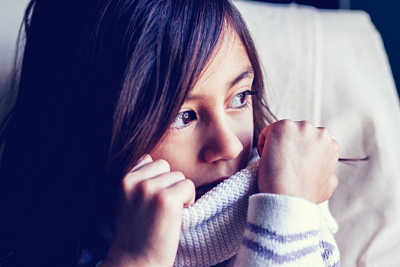
When your child cries tears or stamps their foot at the injustice and heartbreak of falling out with their friends, your heart breaks a little too.
Friendship problems in primary school are the first real issues where our children are standing on alien turf without us fighting by their side.
We can feel paralysed by not knowing what to do, or even if we should do anything. And we can feel confused as we aren’t there, not knowing the full story.
So when friendship issues make their way on to your agenda, what can you do to help?

Friendships Matter
The topics of conversation may be trading cards, the inflamed situation may be minuscule by adult standards, but this is raw emotion for primary-aged children. Their friendships matter.
To them, the school day is a long one. Their friends are the all-important comrades-in-arms experiencing the same daily life as them. They are there to make them feel supported, less alone, and to ensure each day has a smattering of fun. These peer relationships are hugely important.
Friendships at this age are also vital for building lifelong social and communication skills. If we are to help our children overcome falling out with a friend, we need to first value their relationships.
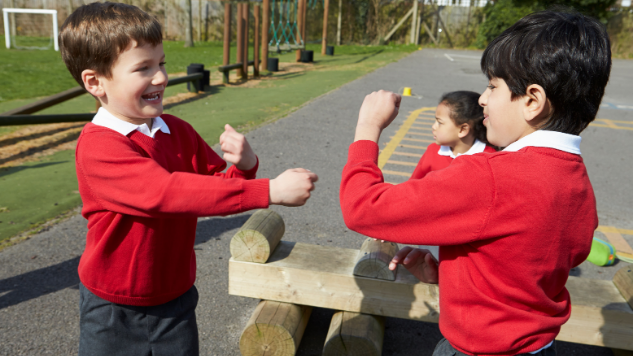
Should You Intervene?
Before considering how to intervene, you first need to consider whether you should.
We don’t advocate leaving your little one flailing about, bewildered and unsupported. However, there are times when you are needed at the sidelines and in the support squad, not heading up the attack.
Friendship issues will happen at various points during your child’s childhood. Giving them the skills and resources to handle these themselves (with your loving support in the background) should always be your first port of call.
If this fails, or the situation is serious, repeated, or has involved violence, then you will need to take a more pro-active role.
It’s also important that as parents we recognise the Mama Bear scenario. When someone hurts our cub, our instinct is to step in, shielding them from further harm, often with claws up!
However, this instinct can also blind us to the full facts of the situation (for example, whether our little cub hasn’t been so kind themselves).
It also blinds us to allowing our child to stand on their own two feet and gain independence.
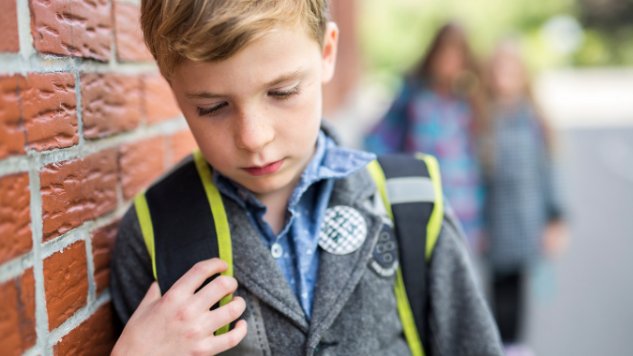
The Steps to Helping with Friendship Problems in Primary School
1. Listen
When little hearts pound with indignant righteousness and tears stream, your number one role is to listen.
By actively listening to your child as they communicate their feelings about the falling out with a friend, you can help diffuse the strength of their emotions.
Big emotions in little people can be scary. Let them know that they are allowed to feel as they do. Give them the tools to act on them appropriately.
Practice active listening so that you can get to the bottom of the issue in between all the tangents and the ‘he said, she said’ report.
An excellent book for teaching active listening for parents is 'How to Talk so Kids Will Listen and Listen so Kids Will Talk' by Faber and Mazlish.
Give hugs, give them time to talk, and show them that you value them sharing their problem with you.
2. Take an adult view
Don’t act immediately. Charging in like a rhino is likely to backfire and ensure your child doesn’t come to you about future problems.
Furthermore, you may find that over the course of a few hours or days that more of the facts come to light.
Take your time to think about the situation. Think about what else you need to find out. Think about the resources your child has and needs to handle this situation. Do they need you to act? Do they need your guidance? Do they simply need some time to pass?
3. Remember the transitory nature of children
Whilst you’re working yourself into a stew about what happened, you may find your child has moved on, and the friendship is back on track.
Friendship problems in primary school can be short-lived flashes in the pan, over as quickly as they started.
It will not help your child if you harbour a grudge or keep coming back to the original problem.

4. Give them the confidence to act
Your role is crucial for giving them the confidence to work out for themselves how to deal with friendship issues. Allowing them this opportunity will build their self-esteem. Praise them for their efforts.
Different children, and different situations will require different levels of input at this stage.
Some children will benefit from a simple chat where they explain what they feel and are encouraged to ‘walk in the shoes’ of the other child. Some may benefit from role-playing situations. Some will benefit from guidance on how to assert themselves or use words instead of hands, or how to branch out to other friendships.
All children may need reminding about school processes such as the ‘friendship bench’ or older playground ‘ambassadors’ who can help.
5. Act appropriately when needed
The general rule should be that if it has happened in school, it stays in school. Therefore, even if you are best friends with the parent of the child your child has fallen out with, you should never approach them directly.
It’s a tough situation but neither of you were there. Different dynamics come into play in the playground and classroom. Therefore, if you need to step in, you should do so via the class teacher.
Go in with an open mind led by a desire to find out more and seek reassurance. Listen to the teacher’s take on things and consider how this fits with your child’s report to you.
You can then work together with the teacher to decide on a plan of action.
6. Follow-up where necessary
If the discussion with the class teacher involved taking certain steps, ensure these are followed through.
If you still don’t feel the situation is improving and is escalating to bullying, you should return to the class teacher.
If at this stage, you are not satisfied with the response, then it may be time to talk to the head teacher or governors.
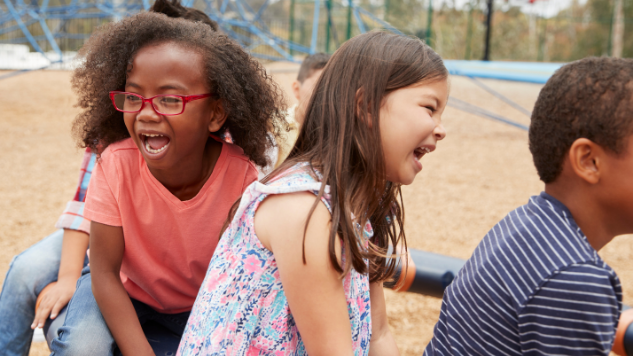
The Role of Parents in Childhood Friendships
Friendships in primary school are the first real peer relationships that a child has without the direct input of a parent.
Making your own friends, keeping them, and weathering the storms of disagreement, involve complex skills.
Some children are more naturally skilled at social interactions than others, in the same way that some are sportier, mathematically minded, or learn their spellings more easily.
However, the upset of falling out with friends is very real and can affect a child’s self-esteem and their ability to focus on other aspects of the school day.
Therefore, some children require more help in formulating and sustaining friendships.
There are a number of ways that parents can provide this help and support:
- Let them have friends: It is tempting to encourage our child to pull back when a friendship isn’t as balanced as we would like. Instead, discuss what a healthy friendship looks like and how they can assert themselves. Facilitate friendships by inviting other children over after school – shared endeavours often help to cement friendships.
- Let them suggest their own solutions: Children often have great ideas if we’d just listen. By all means guide and inform, but also ask them what they think would be a good solution.
- Keep your own worries under control: Our children experiencing their school days can bring back uncomfortable memories for us, as well as a fierce parental instinct to protect our children. However, try to keep your own concerns and worries away from influencing your response. Instead, use your own friends and family for support so that you can support your child. If you let your child see that you are really worried about their friendship issues, they may become more anxious too.
- Accept friendships come and go: Some children have a best friend for life. However, in reality, the majority have relationships that come and go over time. Sometimes they are better in a group, sometimes they do better one-on-one.
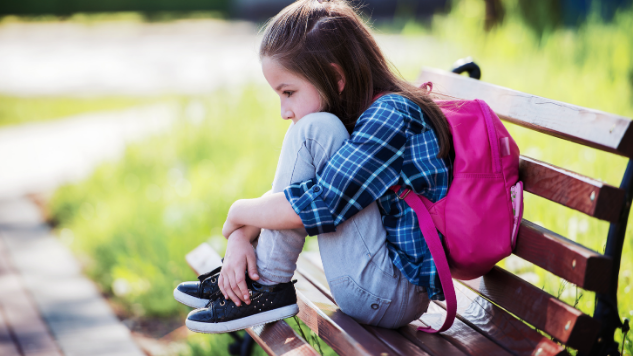
Tips to Share with Your Child
At times we may need to share pearls of wisdom with our primary-aged children about what makes them a good friend, and what they can expect from a healthy friendship. These tips include:
- Friendships are two-way: Encourage your child to be a good listener and to ask their friend questions.
- Friendships require sharing: Children find it notoriously difficult to share! Friendships are most at ease when there is a sharing nature between the different parties.
- No one owns anyone else: Children are individuals and have the right to develop relationships as they wish. Therefore, no child should be overly controlling or unkind if their friend also wants to play with others.
- Loyalty pays: a good friend will be kind about their friend ‘behind their back’.
- Accept differences: You can still be amazing friends yet feel differently about something.
Friendship problems in primary school tend to come and go. With good home support, a child can usually come through unscathed and with friendships intact.
If, however, the situation becomes more serious or becomes bullying, it’s time to follow the school’s policies and step in to get your child help.

___________________________________________________________________________________________
Need a babysitter for evening or daytime childcare at home, holiday let or in your hotel room?
Find fully vetted sitters near you and register for FREE at www.sitters.co.uk